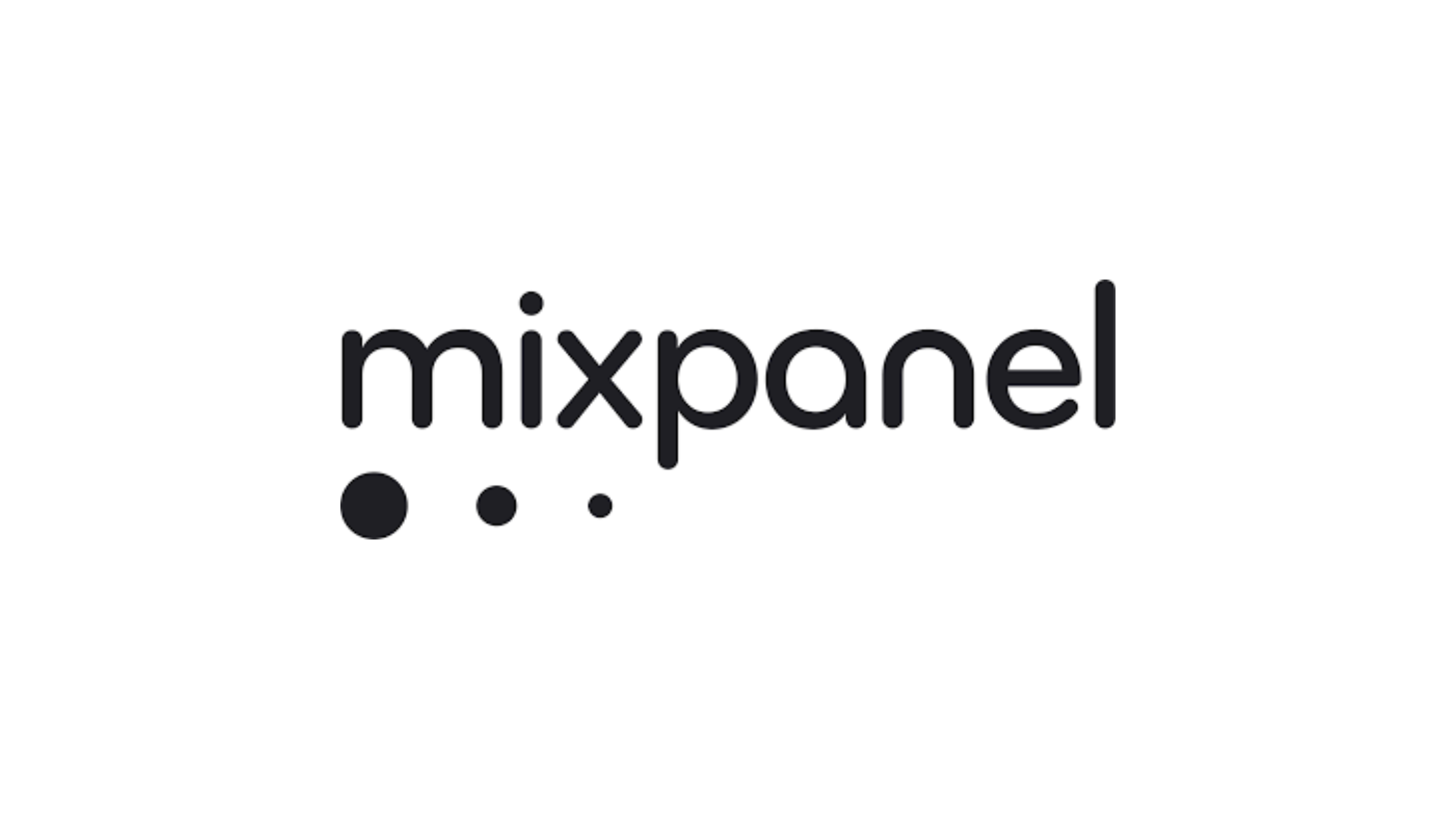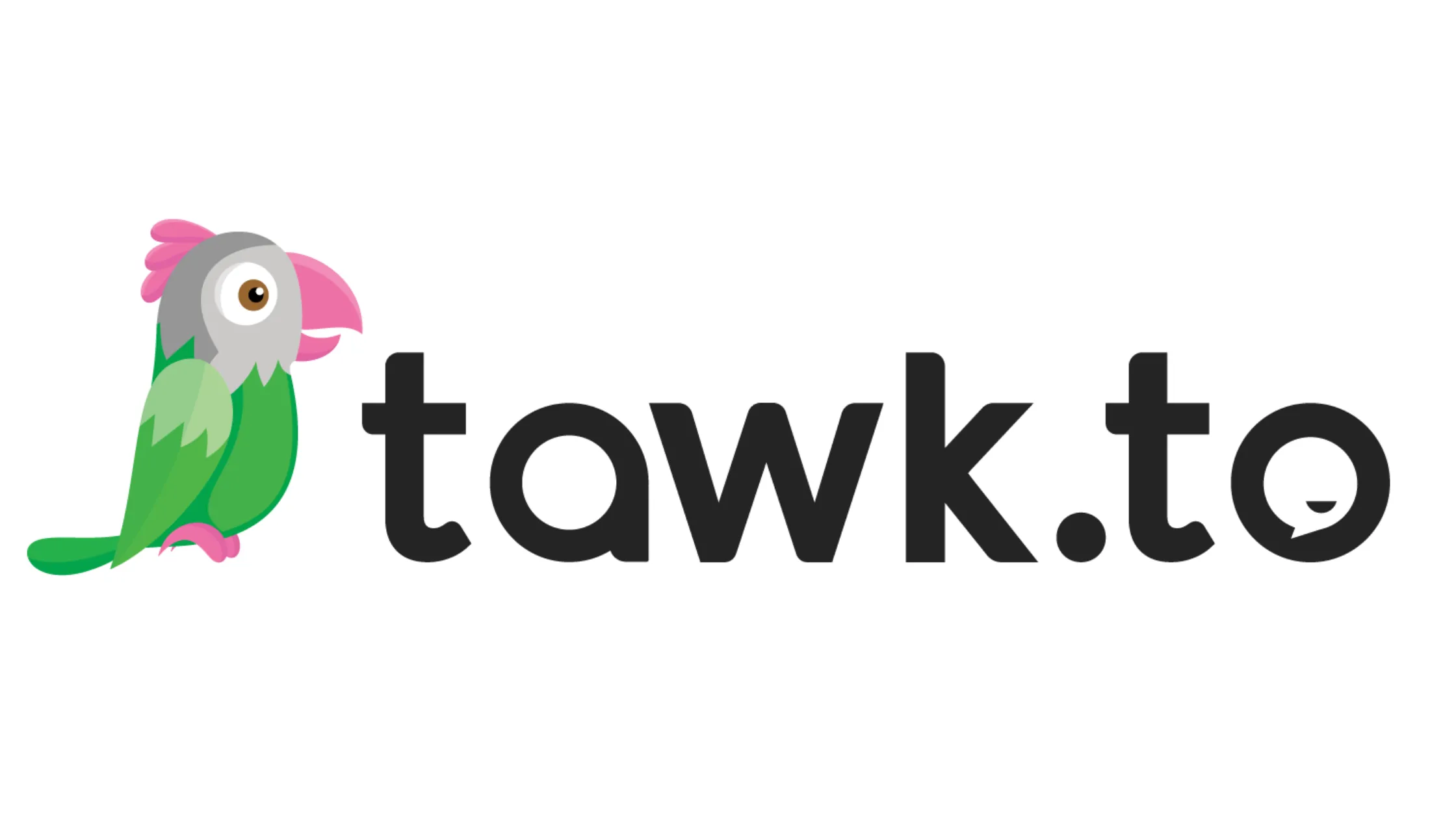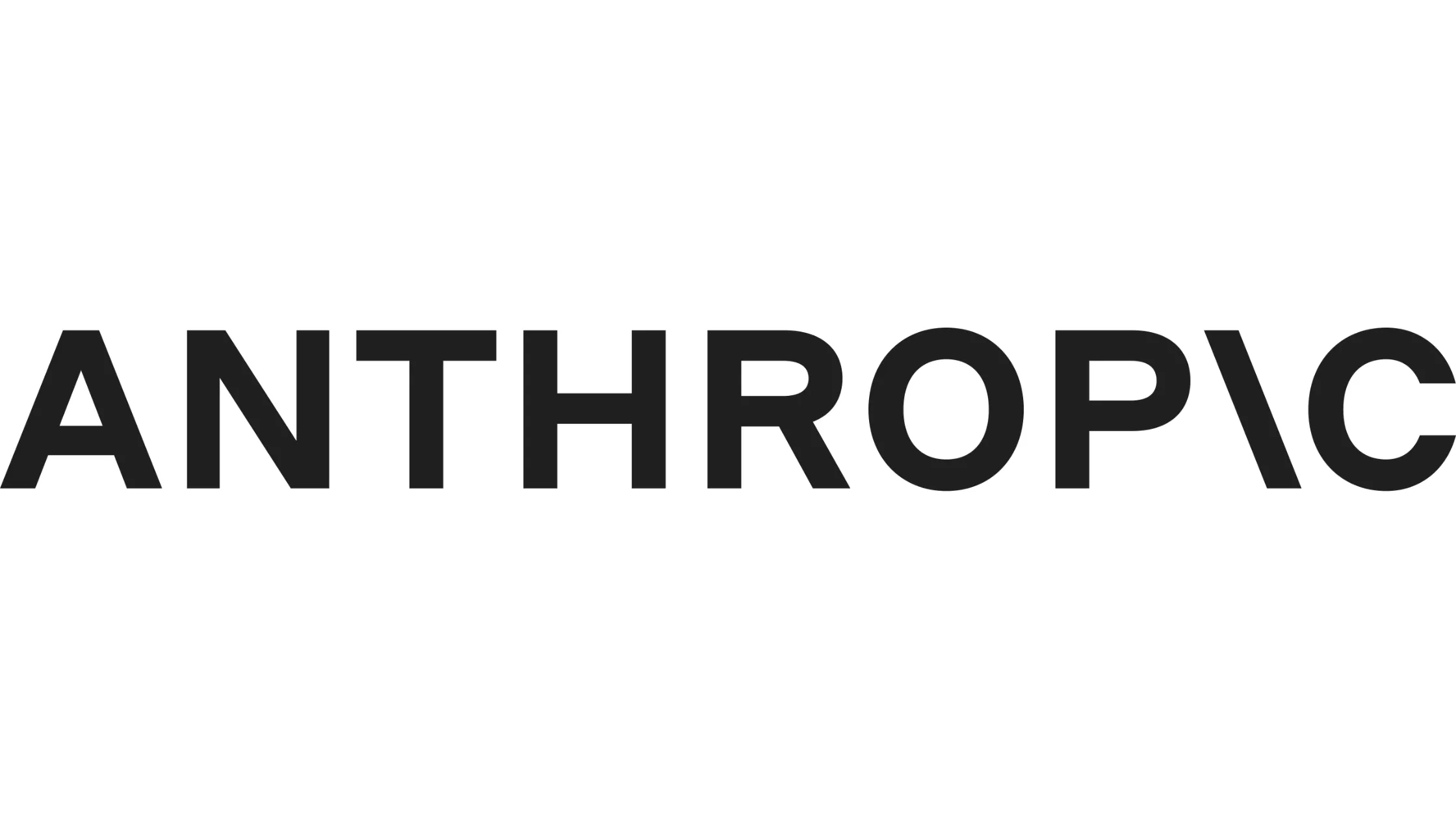
Navigating the Challenges of Scaling Your Tech Stack: Insights for Startup Founders
Learn how startup founders can overcome tech stack scaling challenges and why strategic planning is key to growth.
Scaling your tech stack as a startup founder is one of the trickiest hurdles you'll face. You've built a product, maybe even found early product-market fit, but now you're getting user feedback, growing your customer base, and feeling the pinch as your tech stack struggles to keep up. If you're a first-time founder, the concept of "scaling" might sound daunting, and you're probably asking yourself: What exactly does scaling my tech stack mean? How do I do it without burning through my cash or losing valuable time? Don’t worry—you’re not alone. Let's break it down.
What Does It Mean to "Scale" Your Tech Stack?
Scaling a tech stack means ensuring that your software, tools, and infrastructure can handle growth in users, data, and features without sacrificing performance or reliability. It’s about anticipating future demand and building a flexible system that can adapt to increased traffic, customer needs, and business complexities. Here's where most founders hit a roadblock:
- Your initial setup may have been enough for your first few dozen users, but it starts cracking when you onboard hundreds or thousands more.
- You’re adding new features, but those updates are slowing down your application.
- Your team is growing, but your development processes feel messy and uncoordinated.
Why Startups Struggle With Scaling
The Bootstrap Dilemma
Early on, many startups take a "do-it-yourself" approach, using whatever low-cost tools and frameworks they can get their hands on. This bootstrapping mindset is essential to surviving in the early days, but it often results in a patchwork tech stack that’s not built to scale.
Some typical bootstrapping challenges include:
- Uncoordinated tech decisions: Different teams using different tools or frameworks.
- Cheap hosting solutions: These might be fine when you're starting but become liabilities as your traffic grows.
- Poor documentation: Technical debt piles up when early code is hastily written without long-term scalability in mind.
Growing Pains
Once a startup starts gaining traction, the very thing that led to early success—moving fast and iterating quickly—can become a pain point. Growth exposes weaknesses in your code, infrastructure, and team coordination. Suddenly, things like latency, security vulnerabilities, and downtime rear their ugly heads.
What you need to understand here is that scaling is not just a technical issue—it's also an organizational one. You’ll need to hire more developers, refine your development processes, and tighten your DevOps practices. More people means more coordination, and if your team isn’t operating on the same page, scaling will turn into a nightmare.
How to Scale Your Tech Stack Like a Pro
Plan for Growth from Day One
The best way to avoid scaling disasters is to plan for growth from the beginning. Of course, you can't predict every challenge you'll face, but you can make decisions that give you flexibility. This is where having a strategic tech partner like Horizon Labs can be a game changer.
Here are a few guiding principles:
- Use cloud-native architecture: Platforms like AWS, GCP, or Azure allow you to dynamically adjust resources based on demand. This is a no-brainer for most modern startups.
- Build microservices: Instead of having one giant codebase, break your app into smaller, independent services that can scale individually. This allows for more agile development and easier troubleshooting when problems arise.
- Automate as much as possible: From testing to deployment, automation helps your team move faster without compromising quality.
Don’t Be Afraid to Refactor
As your startup grows, so will your codebase, and it's inevitable that some parts of your system will become outdated. Refactoring—rewriting parts of your application—is an essential step in scaling. Many founders resist this because they’re afraid of slowing down development, but the truth is, poorly written code can slow you down far more than a few weeks of refactoring.
At Horizon Labs, we encourage founders to think long-term. Refactoring isn’t just about cleaning up code—it’s about positioning your startup for future success. The longer you wait to address technical debt, the harder it becomes to scale smoothly.
Hiring the Right Talent for the Job
Scaling isn’t just about upgrading your tech stack—it’s also about growing your team. This can be a tough call for founders, especially if you’re tight on budget. Should you hire full-time engineers, outsource, or augment your existing team?
In-House vs. Outsourcing
Here’s the reality: hiring full-time engineers is expensive, especially in tech hubs like California. For startups, outsourcing can be a more cost-effective option, especially if you’re looking for specialized skills.
At Horizon Labs, we offer staff augmentation services, where we provide skilled engineers to temporarily augment your team. This gives you the flexibility to scale up quickly when you need extra hands without the long-term commitment of full-time salaries.
What Skills to Look for
When you're scaling, you need engineers who are not only technically proficient but also understand how to build for growth. Look for candidates who have experience in:
- Cloud infrastructure (AWS, GCP, Azure)
- DevOps tools (Docker, Kubernetes)
- API development (RESTful services, GraphQL)
- Database management (SQL, NoSQL solutions like MongoDB)
Hiring the right team is one of the best investments you can make in your startup's future, and partnering with experienced developers can dramatically reduce your growing pains.
When to Bring in a Strategic Partner
Many founders think they need to do everything in-house, but sometimes bringing in a strategic tech partner can be the smartest move. Whether you need help refactoring your code, scaling your infrastructure, or augmenting your team, working with an experienced partner like Horizon Labs can save you time and money in the long run.
Why Horizon Labs Is Different
At Horizon Labs, we understand the unique challenges of scaling a startup. I’ve been there myself—as a co-founder and CTO of several startups, including Cuboh (YC S19), I know how hard it is to balance product development, fundraising, and growth. That’s why we focus on helping founders build scalable products without the usual headaches.
We work with startups at various stages, from prototyping and MVPs to full-scale custom development. Our teams in California and Turkey have helped founders from Y Combinator and other top accelerators scale their tech stacks while keeping costs manageable.
Scaling Without Sacrificing Speed
The Trade-Off Between Speed and Stability
One of the most common misconceptions among startup founders is that you must sacrifice speed to achieve stability when scaling your tech stack. The truth is, while scaling does introduce complexity, it doesn’t necessarily mean you have to slow down development. In fact, with the right processes in place, you can continue iterating quickly while ensuring your system remains reliable.
To strike that balance, you need to:
- Implement continuous integration/continuous deployment (CI/CD): Automating your testing and deployment pipelines will allow your team to ship code faster while maintaining quality.
- Monitor performance metrics: Tools like New Relic or Datadog can provide insights into how your system is performing under load, so you can catch bottlenecks before they become critical issues.
- Prioritize technical debt: Not all debt is bad, but knowing which areas of your codebase need attention and addressing them early can help you maintain speed as you grow.
At Horizon Labs, we’re experts at finding that sweet spot between rapid iteration and long-term stability. Our team ensures that your development pace doesn’t suffer as you scale, so you can keep delivering value to your users without hitting speed bumps.
Scaling Infrastructure Smartly
It’s easy to get carried away with the latest and greatest tech solutions, but over-engineering can be just as harmful as under-engineering. Instead of jumping to expensive or complicated solutions, make sure you’re building out your infrastructure in stages. Here’s how you can scale your infrastructure smartly:
- Start with cloud-native services: You can begin with basic services like AWS’s EC2 or GCP’s App Engine, which are cost-effective and flexible. As you scale, you can gradually introduce more sophisticated services like Kubernetes or serverless architectures.
- Optimize your database: When scaling, one of the most common issues is database performance. Consider sharding your database or moving to a NoSQL solution if your current setup isn’t cutting it.
- Use caching effectively: Tools like Redis or Memcached can help reduce load on your database by caching frequently accessed data.
Let’s Build Together
Scaling your tech stack is hard, but you don’t have to do it alone. At Horizon Labs, we’ve worked with dozens of startups to help them scale efficiently. Whether you’re looking for technical guidance, additional development resources, or a long-term strategic partner, we’ve got your back.
Contact us at info@horizon-labs.co or schedule a free consultation at horizon-labs.co/contact to see how we can help you build your tech better, faster, and cheaper than the competition.
Frequently Asked Questions (FAQs) about Navigating the Challenges of Scaling Your Tech Stack:
Q: What are the first signs that my tech stack needs to scale?
A: Some of the first signs include slow load times, frequent outages, increasing bug reports from users, and rising infrastructure costs. If you notice your team is spending more time fixing technical issues rather than building new features, it might be time to consider scaling your tech stack.
Q: How do I prioritize scaling efforts when I have limited resources?
A: Start by identifying the areas causing the most immediate pain—typically these are database performance, application response time, or infrastructure costs. Once you’ve tackled those, focus on scaling specific areas that directly impact user experience, such as frontend performance or feature deployment processes. Having a clear scaling roadmap and addressing one pain point at a time can prevent overwhelming your team.
Q: What are some common mistakes founders make when scaling their tech stack?
A: A few common mistakes include over-engineering too early, failing to address technical debt, and neglecting proper documentation as the codebase grows. Some founders also mistakenly believe they need to rebuild everything from scratch, when incremental improvements can often suffice. Lastly, not having a robust testing process or skipping regular performance monitoring can lead to scaling failures.
Q: How can I scale my tech stack without driving up costs significantly?
A: Opt for cloud services that offer pay-as-you-go models, such as AWS or GCP, to avoid unnecessary infrastructure costs. Focus on efficient resource management by implementing autoscaling, using serverless computing for non-critical tasks, and leveraging caching to reduce database queries. Outsourcing specific scaling tasks or hiring part-time talent for high-demand periods can also help control costs.
Q: When should I consider transitioning from a monolithic to a microservices architecture?
A: If your monolithic architecture is slowing down development (e.g., small changes require redeploying the entire application), or if certain services experience significantly higher traffic than others, it might be time to consider microservices. Microservices can allow individual components of your app to scale independently, which helps with performance and development agility, especially as your user base grows.
Q: What are the security challenges when scaling a tech stack?
A: Scaling often introduces new security vulnerabilities. As your infrastructure grows, you need to ensure that your data storage is secure, your APIs are properly authenticated, and your cloud services are configured securely. Additionally, handling larger amounts of user data increases the risk of breaches, so implementing regular security audits and encryption practices is crucial. Always keep your security layers updated as part of your scaling efforts.
Q: How can Horizon Labs help startups with scaling their tech stack?
A: Horizon Labs specializes in guiding startups through the process of scaling their tech stacks efficiently. We provide expert advice on cloud infrastructure, help refactor code for better performance, and offer staff augmentation to handle scaling projects without needing to hire full-time. With our experience working with YC-backed startups, we tailor our solutions to meet your unique growth needs while keeping costs manageable.
Q: What tools or technologies should I use to monitor the performance of my tech stack during scaling?
A: There are several tools you can use to monitor your tech stack’s performance, including Datadog, New Relic, and Prometheus. These tools provide real-time metrics like server load, response time, error rates, and overall system health. Additionally, integrating logging tools such as ELK Stack (Elasticsearch, Logstash, and Kibana) or Grafana can help track and analyze system performance and identify potential bottlenecks during scaling.
Q: How can I ensure my tech stack is future-proof as my startup grows?
A: To future-proof your tech stack, focus on flexibility and scalability from the beginning. Use modular architecture like microservices, choose tech stacks that are widely supported with strong communities (e.g., React, Node.js, or Python), and opt for cloud infrastructure that can grow with you. Additionally, keep your documentation up to date, regularly refactor your code, and monitor the latest industry trends to ensure your tech remains competitive and adaptable.
Q: Is it necessary to adopt containerization and orchestration tools like Docker and Kubernetes when scaling?
A: While not mandatory, containerization (via Docker) and orchestration (via Kubernetes) are highly recommended for scaling efficiently. Containers allow you to run applications in isolated environments, ensuring that they work consistently across different environments (development, testing, production). Kubernetes helps manage these containers at scale, making it easier to deploy, scale, and manage applications with multiple components. These tools provide flexibility and can significantly reduce downtime as you grow.
Q: What are the differences between vertical and horizontal scaling?
A: Vertical scaling, also known as scaling up, involves adding more resources (like CPU, memory, or storage) to your existing servers. It’s relatively simple but has limits as you can only scale a single machine so far. Horizontal scaling, or scaling out, involves adding more servers to your pool of resources, which allows for nearly infinite scaling potential. Horizontal scaling is more complex to manage but is essential for applications with massive growth.
Q: How can I maintain my product's quality while scaling my tech stack?
A: Maintaining product quality during scaling requires robust automated testing, including unit tests, integration tests, and performance tests. Implement a continuous integration/continuous deployment (CI/CD) pipeline to catch bugs early before they hit production. Regular code reviews, static code analysis, and version control systems like Git can also help maintain quality while your stack grows. Keeping an eye on customer feedback and using tools like error tracking (e.g., Sentry) can help catch issues quickly.
Q: How do I handle database scaling as my startup grows?
A: There are several approaches to database scaling, depending on your needs. You can start by optimizing your current database with indexing, caching, and query optimization. As you grow, consider vertical scaling (adding more resources to your database server) or horizontal scaling via database sharding or replication. NoSQL databases like MongoDB and Cassandra are often used for horizontal scaling when dealing with large amounts of unstructured data.
Q: How do I manage technical debt while scaling?
A: Managing technical debt is crucial to smooth scaling. Create a clear plan for refactoring outdated or inefficient code regularly, and don’t let short-term deadlines push you to neglect it. Prioritize tech debt that’s affecting performance or causing bugs, and make time for it in your development sprints. Building a solid testing framework early on also reduces the chances of creating more debt. Regular code audits by your team or a trusted partner like Horizon Labs can help identify and address debt before it becomes a problem.
Q: How does scaling affect deployment and release processes?
A: As your tech stack scales, you’ll need to streamline your deployment processes. Manual deployments become inefficient, so adopting continuous deployment pipelines using tools like Jenkins, CircleCI, or GitLab CI/CD is essential. These pipelines automate testing and deployment, ensuring quick, consistent releases without errors. As your system grows, you may also need to adopt canary deployments or blue-green deployments to reduce downtime and ensure stability when rolling out new features.
Q: How do I know when it's time to scale beyond the cloud services I started with?
A: The need to scale beyond your initial cloud services usually becomes evident when your application consistently faces slow performance or downtime, even after upgrading to higher-tier plans. If you’re hitting the resource limits of your cloud provider or noticing that the cost of scaling within the current cloud environment exceeds your budget, it’s time to explore more advanced solutions like multi-cloud architectures or hybrid setups, where some workloads are handled by private servers while others remain in the cloud.
Whether you're validating an idea, scaling an existing product, or need senior engineering support—We help companies build ideas into apps their customers will love (without the engineering headaches). US leadership with American & Turkish delivery teams you can trust.
Need Developers?
We help companies build ideas into apps their customers will love (without the engineering headaches). US leadership with American & Turkish delivery teams you can trust.
















For Startups & Founders
We've been founders ourselves and know how valuable the right communities, tools, and network can be, especially when bootstrapped. Here are a few that we recommend.

Mistakes to Avoid When Building Your First Product
Learn the key mistakes founders make when building their first product—and how to avoid them for a faster, smoother launch.
Read more
The Rise of AI in Product Development: What Startups Need to Know
Learn how AI is transforming product development for startups. From MVPs to scaling, here’s what founders need to know in today’s AI-driven world.
Read more
No-Code vs. Custom Development: Which is Right for Your Startup?
Weighing no-code vs. custom development? Learn which is right for your startup depending on stage, budget, and product complexity.
Read more
What is Mixpanel?
Learn how Mixpanel helps startups track user behavior to improve products and accelerate growth with clear data-driven insights.
Read more
How Tawk.to Can Boost Your Startup’s Customer Support Game
Learn how Tawk.to can benefit startups by enhancing customer support and engagement. Perfect for early-stage founders!
Read more
Grow Your Startup With Anthropic's AI-Powered Tools
Discover how Anthropic's cutting-edge AI tools can accelerate your startup's success. Learn about their benefits and see why they can be trusted by startups.
Read more
What is Data-Driven VC?
Learn what a data-driven VC means and how such investors can benefit your startup’s growth and fundraising journey.
Read more
What is Blockchain?
A beginner-friendly guide on blockchain for startup founders, covering key concepts, benefits, challenges, and how to leverage it effectively.
Read more
What is Cybersecurity?
Learn cybersecurity basics tailored for startup founders. Understand key risks, best practices, and how to protect your startup from tech threats.
Read more
What is Seedcamp?
Learn what Seedcamp is, how its European seed fund and accelerator program work, and how founders can use its capital, mentorship, and network to scale their st
Read more
What is AngelList?
AngelList is a prime platform connecting startup founders to investors, talent, and resources to accelerate early-stage growth.
Read more
What is 500 Startups?
Learn what 500 Startups (now 500 Global) is, how its accelerator and seed fund work, and when founders should consider it—plus tips for early-stage startups.
Read more.webp)